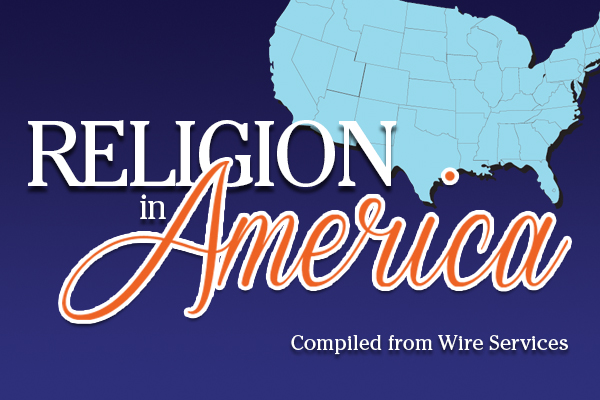The overwhelming majority of Americans say they find value in attending church, a new LifeWay Research study shows.
Two-thirds of Americans think attendance is admirable; only 11 percent consider church useless.
Even among nonreligious people, 80 percent believe church attendance is acceptable and 43 percent label it admirable. Just 29 percent call it useless.
But despite their professed fondness for church, Americans are more likely to believe attendance is declining (55 percent) or the church is dying (42 percent) than growing (36 percent) or thriving (38 percent), according to the LifeWay survey of 1,000 Americans Sept. 19–28, 2014.
“Americans have a much more optimistic view of the people and practice of attending church than they do of the health of the church,” said Scott McConnell, vice president of the Nashville-based LifeWay Research. “Church attendance is much like regular exercise and driving the speed limit. People do not live out everything they admire.”
Confirming McConnell’s assertion that Americans’ churchgoing is at odds with their behavior, even on Easter — traditionally the best-attended Sunday of the year — large segments of the population say they don’t plan to attend.
Mixed trends
Participants’ attitudes reflect the mixed trends of the past 50 years. While many mainline denominations have lost membership, some have grown. And while more people are Christian today than in 1970, Christians make up a smaller share of the burgeoning population, according to a study from Gordon-Conwell Theological Seminary in South Hamilton, Mass.
Faced with those trends, many churches have shifted toward contemporary worship styles and new outreach methods, although 27 percent of Americans still think church attendance is outdated, LifeWay research found. That belief is even more pronounced among the nonreligious (42 percent), Catholics (31 percent) and people 25 to 34 years old (34 percent) who are among the Millennial generation in which fewer claim religious affiliation or profess belief in God, according to Pew Research Center.
Young adults, like most Americans, don’t see church attendance as an assumption in today’s culture. While 54 percent of those over 65 describe churchgoing as an expectation, that viewpoint is in the minority for every other age group — a sign that those who attend are making a personal choice rather than responding to societal pressure.
That’s a positive finding, McConnell said. “I don’t think evangelicals would want that to be the reason people go to church anyway.”
Women have more positive attitudes than men about churchgoing, the LifeWay study found, with 69 percent of women and 63 percent of men viewing attendance as admirable. Only 9 percent of women consider church useless, while 14 percent of men hold that opinion.
Larger shares of women also believe in the health and vitality of the church. Forty percent of women say the church is growing and 41 percent describe it as thriving. Among men, only 32 percent think it is growing and 34 percent label it thriving.
“The longevity of the Christian church proves it is not a fad,” McConnell said. “Some Americans feel cultural expectations to attend church, but our recent research shows that those who actually do attend hold more closely to the teachings of Jesus Christ.” (BP)




Share with others: